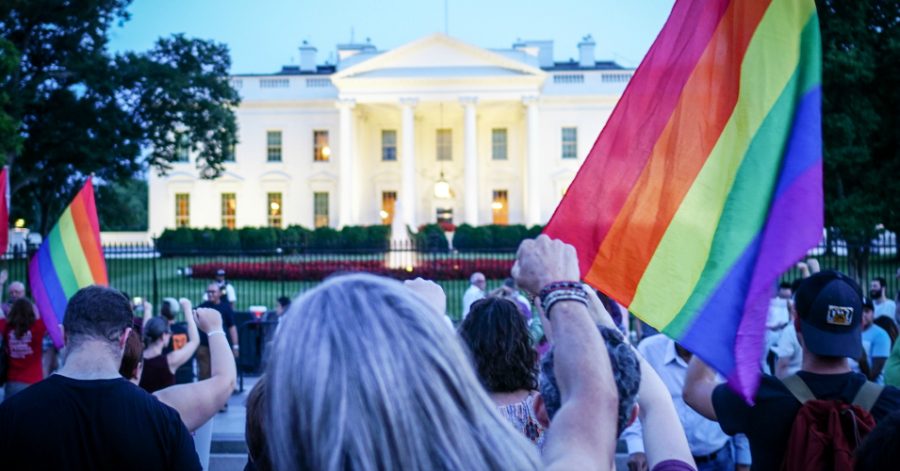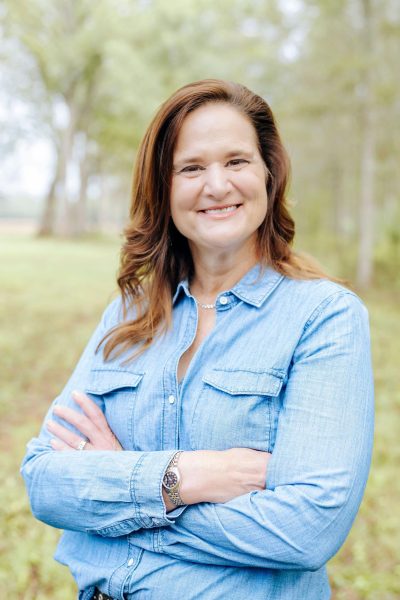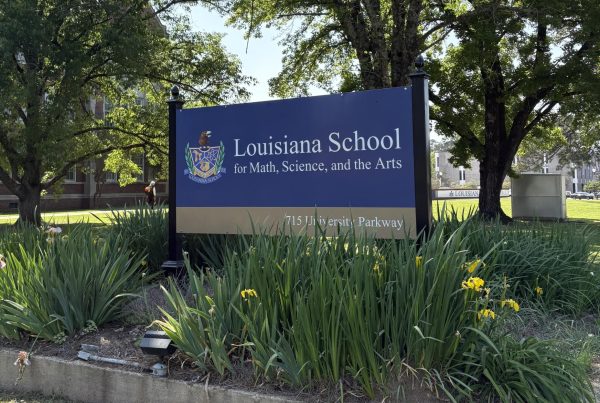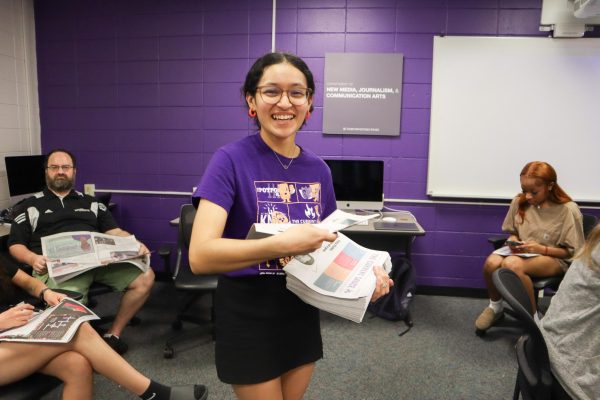Louisiana bill raises concern with LGBTQ+ community
According to the Trevor Project, an LGBTQ+ affirming organization, having trusted and accepting adults and peers in school profoundly enhances LGBTQ+ survival, psychological well-being, and academic success.
A new bill, similar to Florida’s recently enacted so-called “Don’t Say Gay” law is making its way through Louisiana’s legislature, causing concern within the state’s LGBTQ+ community.
This bill, House Bill 837, proposed by Rep. Dodie Horton of Haughton, Louisiana, states, “No teacher, school employee, or other presenter shall cover the topics of sexual orientation or gender identity in any classroom discussion or instruction in kindergarten through grade eight,” and prohibits teachers from discussing their own sexual orientation or gender with students up to 12th grade.
“Certain teachers use classroom instructional time to share their personal sexual orientation or gender identity preferences with our most vulnerable citizens, our children,” said Rep. Horton when discussing her reasoning for proposing this bill.
“Creating bills such as these makes being gay taboo, which is very harmful to the LGBTQ+ community and the gay rights movement,” Cathey said.
“Not discussing sexuality with children does not prevent them from being gay,” said Maddison Cathey, a sophomore at Northwestern State University who identifies as non-binary and bisexual. “It just makes them uneducated on the topic and leads to years of confusion and trauma for LGBTQ+ children.”
A study done by GLSEN (Gay, Lesbian & Straight Education Network), the leading national education organization, has shown that a lack of positive representation and ally role models in schools results in LGBTQ+ students being at higher risk of missing days of school, dropping out, and experiencing serious mental health issues.
“Many people in this community know at a young age what their sexuality is. This bill will just prevent/scare children from coming out to trusted adults,” Cathey said.
According to the Trevor Project, an LGBTQ+ affirming organization, having trusted and accepting adults and peers in school profoundly enhances LGBTQ+ survival, psychological well-being, and academic success.
“Many young LGBTQ+ people have no safe space, no support system, no trusted family member with whom they feel seen, accepted, and safe,” said Sarah McFarland, professor of English at Northwestern State University. “The ‘It Gets Better’ project exists to help provide online community and support, which is crucial but not the same” as having a strong physical support system.
“As someone who has grown up sheltered from the topics of LGBTQ+ people, I wish I would have been exposed to it. I always knew that I wasn’t straight but being educated on the topic would have helped me to be more comfortable in my own skin,” Cathey said. “Education would have saved me years of insecurities and low self-esteem.”
Coming out stories like Cathey’s illustrate just how crucial positive representation can be.
“I want lawmakers to know that this bill will not get rid of the queer community. We are here to stay. We will continue to push for rights of queer children,” Cathey said.
LGBTQ+ people said this bill attempts to silence their community, and they are protesting it.
“‘Don’t Say Gay’ bills are homophobia, thinly disguised as parental rights,” McFarland said.
According to the Centers for Disease Control and Prevention (CDC), “the prevalence of having seriously considered attempting suicide and attempted suicide was highest among gay, lesbian, or bisexual students.”
“As a parent but also as a human being, I am deeply concerned about the connections between discrimination, stigmatization, and suicide among LGBTQ+ youth,” said McFarland, whose eldest child died by suicide. “It is unfathomable to me that lawmakers are so cavalier about the harm these bills will cause.”
The Trevor Project estimates that more than 1.8 million LGBTQ+ youth (ages 13-24) seriously consider suicide each year in the U.S., and at least one attempts suicide every 45 seconds.
McFarland said she believes that this “bill has the potential to cause immeasurable harm to LGBTQ+ youth,” and wants “to wrap every young person in safety, support, and assurance: you are beautiful and perfect! And you are not alone.”
However, supporters of this legislation argue that the teaching of sexuality does not belong in the schools.
Anna Kate Luke, a student at Southern Methodist University and a strong supporter of the bill, said, “I believe schools should be a place for learning English, Sciences, etc. The more often schools divert from those main topics, we see a dramatic decrease in test scores and overall academic proficiency.”
While academic curricula are crucial to students’ education, the school environment also prepares them for life after schooling.
Luke said that one major effect of this bill would be an improved school system.
“[Louisiana is] currently 48th in education, and if we remove the toxic nonsense of incorporating grooming into our education system and focus on core subjects, we have a great possibility of being better in education,” said Luke.
When asked, Luke offered no evidence to substantiate these assertions.
“Moving this bill forward at the expense of LGBTQ+ students’ well-being is a shameful political trick,” said Sarah Jane Guidry, the executive director of Forum for Equality, Louisiana’s statewide LGBTQ+ advocacy group.































Chico • Jun 1, 2022 at 11:37 pm
This is simply absurd, we can’t be walking backward in 2022. Not talking about being LGBTQ+ won’t make it go away, we can’t have this mentality.